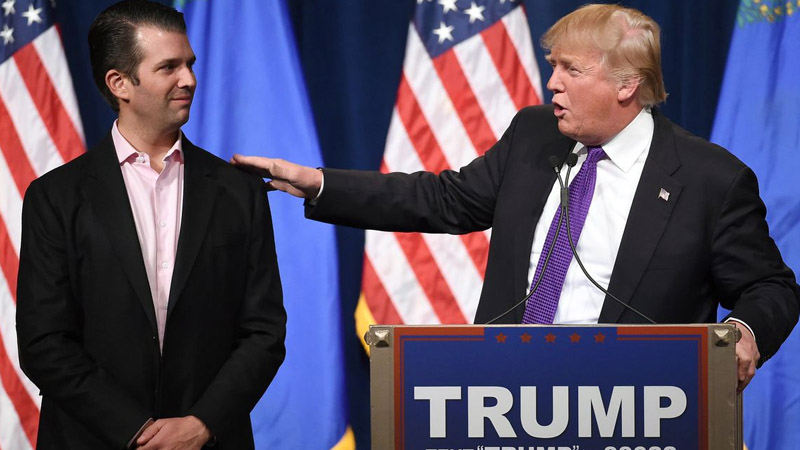The Supreme Court has taken on a pivotal case to determine if former President Donald Trump is protected by immunity in the election subversion case led by Special Counsel Jack Smith. This comes as the federal trial, which accuses Trump of four felony charges related to efforts to overturn the 2020 presidential election results, faces potential delays pending the high court’s decision, as per Mediaite.
Trump’s legal team has argued that his actions fall within his official duties, granting him broad presidential immunity and shielding him from prosecution. CNN has highlighted the urgency with which the Supreme Court is treating this matter, scheduling the proceedings to begin in late April. This case marks a significant moment as the Supreme Court had previously heard arguments on whether Trump could be disqualified from future elections under the 14th Amendment due to his alleged role in inciting an insurrection.
Trump’s legal counsel had sought to postpone the trial, suggesting that the Supreme Court should defer its consideration until the lower courts had fully examined the issue. However, Special Counsel Smith pressed for a swift resolution to ensure the trial could move forward before the upcoming November presidential election.
This Supreme Court intervention is notable as it is the first time the conservative-majority court has addressed Trump’s criminal cases since his indictment last year, particularly focusing on his assertion of absolute presidential immunity. This claim posits that the immunity shields Trump from legal repercussions for actions taken in office, regardless of the motivations behind those actions.
The decision to hear Trump’s immunity claim offers a reprieve for his legal team, delaying the trial initially set for early March. However, the outcome remains uncertain, and the justices’ ruling could ultimately go against Trump. Besides this case, Trump faces additional legal challenges, including three other felony charges related to classified document mishandling and election interference in Georgia, as reported by CBS News.
Furthermore, Trump is due in a New York state court for a trial concerning hush money payments, with all cases seeing him plead not guilty and denouncing them as politically motivated. The Supreme Court’s decision on the immunity claim will have profound implications for Trump’s legal battles and the broader landscape of presidential accountability.

